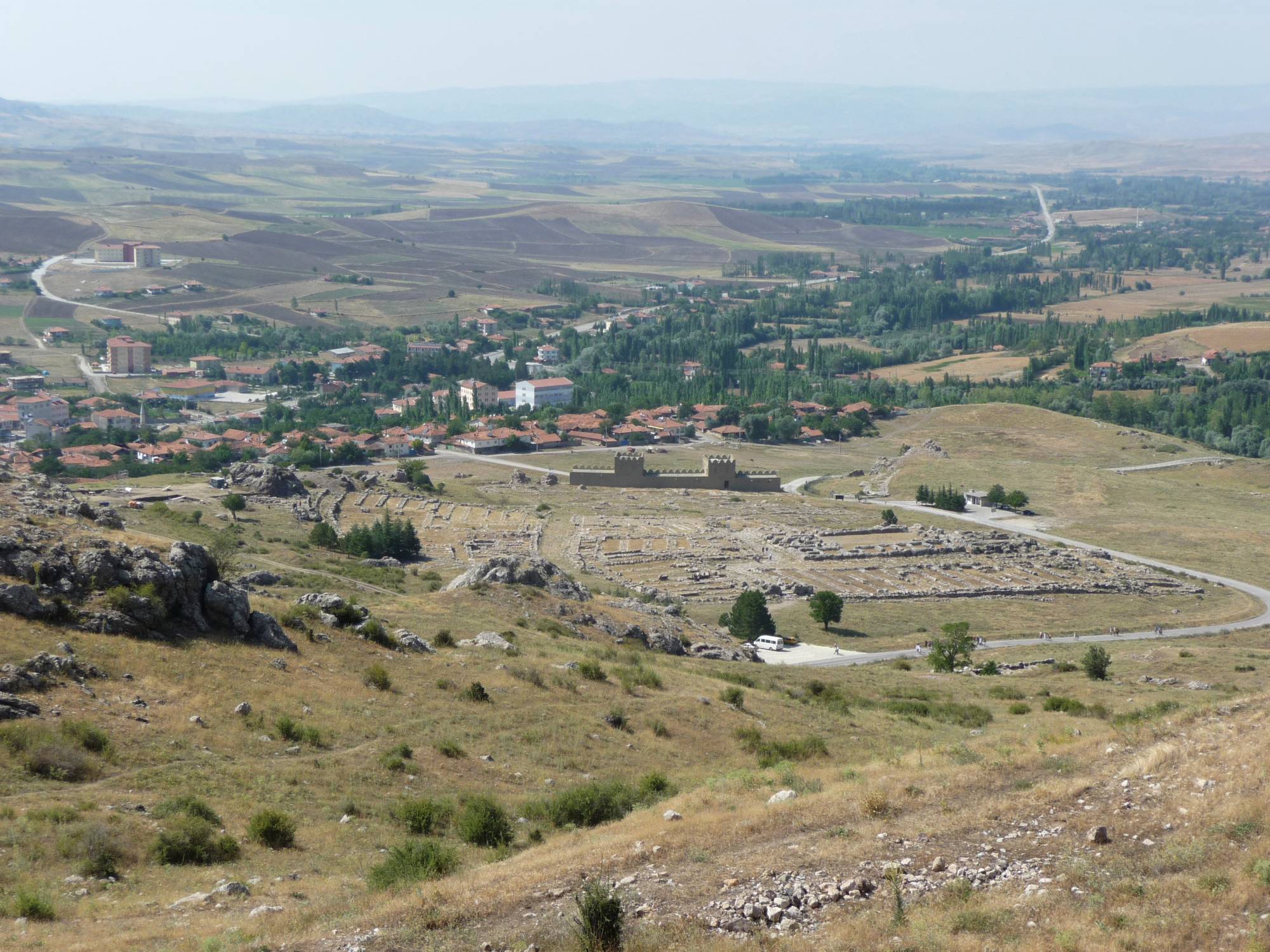Around 1200 B.C., human civilization experienced a harrowing setback with the near-simultaneous demise or diminishment of several important empires in the Middle East and eastern Mediterranean region — an event called the Bronze Age collapse.
One of the mightiest to perish was the Hittite empire, centered in modern Turkey and spanning parts of Syria and Iraq. Researchers have now offered new insight into the Hittite collapse, with an examination of trees alive at the time showing three consecutive years of severe drought that may have caused crop failures, famine and political-societal disintegration.
The Hittites, with their capital Hattusa situated in central Anatolia, were one of the ancient world's great powers across five centuries. They became the main geopolitical rivals of ancient Egypt during its glittering New Kingdom period.



















With your current subscription plan you can comment on stories. However, before writing your first comment, please create a display name in the Profile section of your subscriber account page.